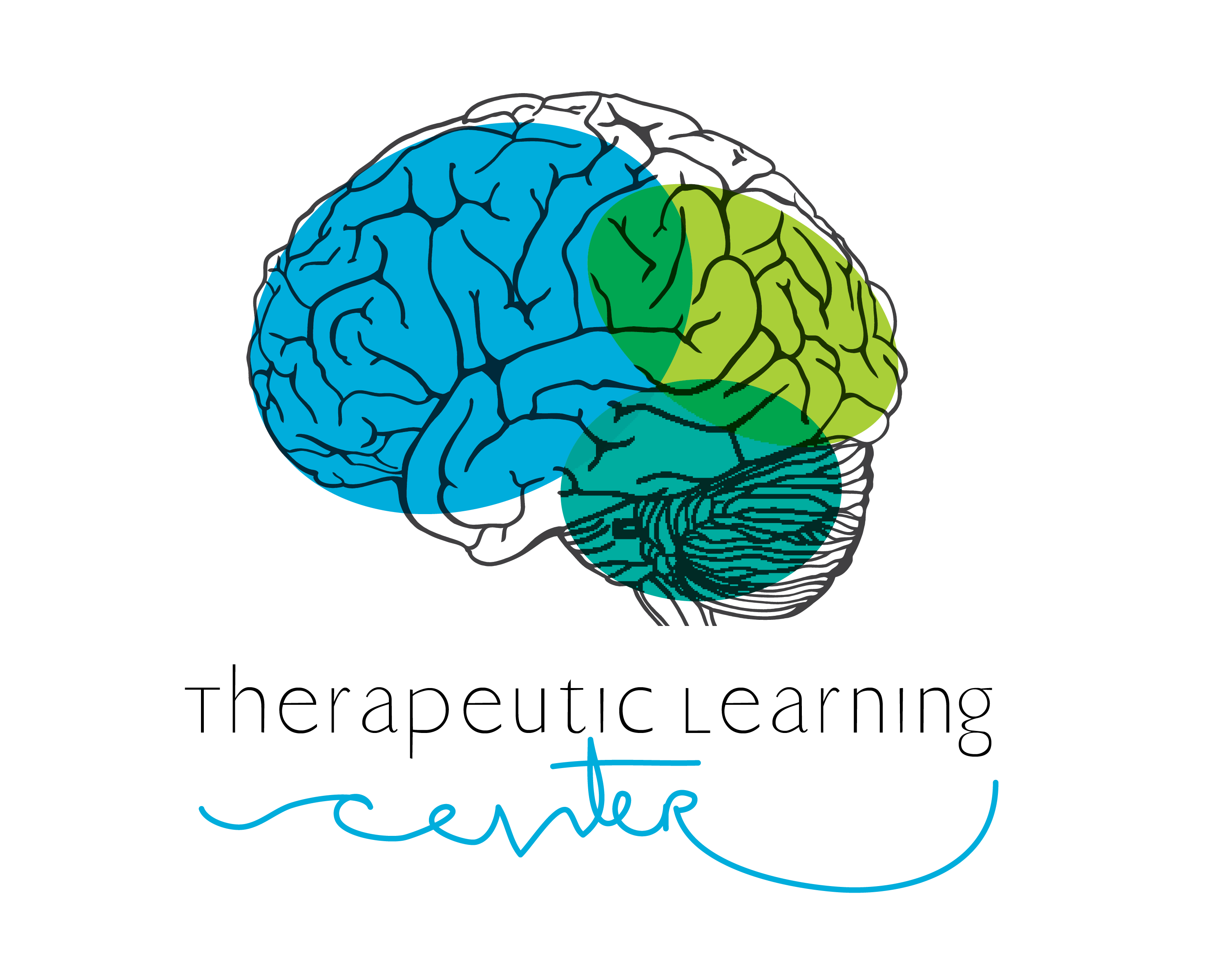At our Parent Information Meeting this week, a parent shared that her son spends 5 hours a night on what should be less than an hour of homework. Another parent, whose son also seems to do nothing but homework after school said, “We just want him to have his life back!†When my son was 8,Read more



